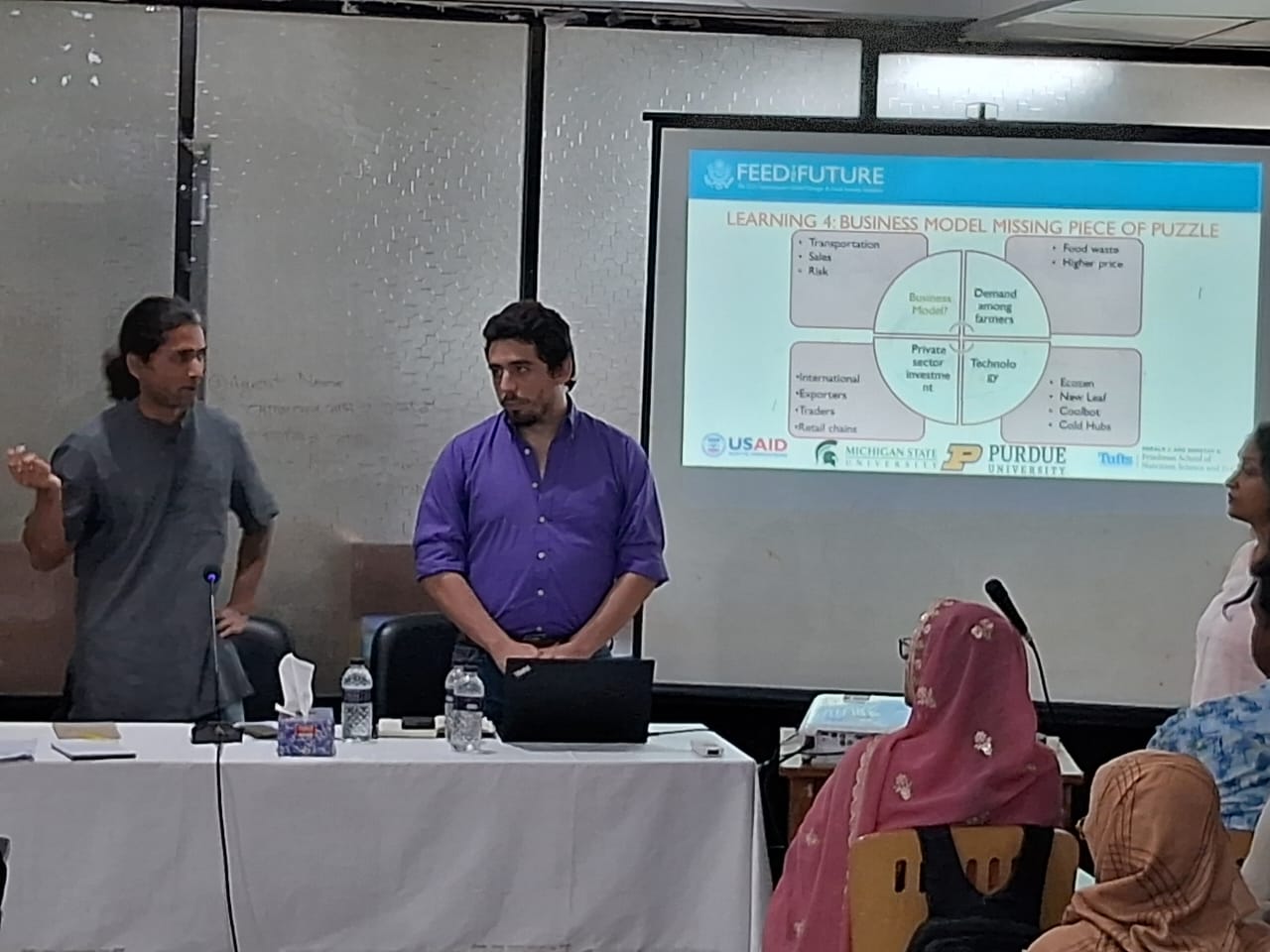A Journey of Resilience and Rediscovery
Hailing from San Juan, Puerto Rico, Lorenzo Alegria’s path into the agricultural economics department at Purdue wasn’t conventional. In fact, he candidly admits that his introduction to the field was “a bit of an accident.”
“When I was 16, I wanted to attend a camp in the U.S., but I needed something affordable. I found a USDA-funded apprenticeship at Tennessee State University, where I was first introduced to agricultural economics. That experience—and later working briefly on a farm in the Dominican Republic—set things in motion.”
In 2017, Lorenzo arrived at Purdue University to pursue a bachelor’s degree in agricultural economics. However, the transition was initially challenging, and he eventually stepped away from his studies. “I spent the next year working on a farm back home in Puerto Rico, then resumed my education at Universidad del Sagrado Corazón,” said Lorenzo.
When the COVID-19 lockdown began, Lorenzo received an unexpected email from Purdue encouraging him to apply for readmission. At the time, he planned to switch to an archaeology major—but two pivotal agricultural economics courses changed everything. The first, an undergraduate linear programming course, surprised him by being genuinely fun and reignited his interest in the field. The second, AGEC 340 Development Economics with Jacob Ricker-Gilbert, deepened his curiosity about global economic issues and inspired him to pursue graduate studies. With Ricker-Gilbert’s mentorship, Lorenzo found clarity in his academic path and confidence in his decision to stay.
Graduate Studies at Purdue and Research with Impact
Now a master’s student, Lorenzo’s research has centered on practical, impactful solutions in agricultural supply chains. He currently works as a graduate research assistant at the Feed the Future Food Systems for Nutrition Innovation Lab (FSN-IL) project titled “Breaking the Vicious Cycle of Loss and Waste: Evaluating and Scaling Cold Chain Storage Innovations in Bangladesh.” Under the guidance of Ricker-Gilbert, professor of agricultural economics; Jonathan Bauchet, associate professor of agricultural economics; and Kajal Gulati, assistant professor of international agricultural development at Michigan State University, this research focuses on reducing food loss through innovative cold storage solutions. Lorenzo’s work with FSN-IL inspired a shift in his thesis project to be centered around a linear programming model aimed at determining optimal fruit and vegetable cold storage space use in Bangladesh.”
Lorenzo credits Ricker-Gilbert for research mentorship and for supporting his personal growth during graduate school.
“He’s been incredibly important—not just for my academic work but for helping me navigate the ups and downs of graduate life. Many other faculty members have also shaped my perspective through drop-in conversations that have influenced my work.”
Opportunities Through the Ag Econ Program
Lorenzo’s journey to success in agricultural economics has been anything but linear, yet each step has reinforced his passion for the field. The agricultural economics program at Purdue has played a key role in shaping his path, offering opportunities to collaborate globally and gain invaluable experiences.
“The program has taken me to conferences in New Orleans and Chicago, and I’ve had the chance to travel to Bangladesh twice as part of a research assistantship,” Lorenzo shares. “It’s all part of a project focused on the country’s fruit and vegetable value chains. During the first trip, we conducted interviews and met with stakeholders to better understand the environment and tailor our interventions. On the second, which lasted about a month, we began collecting baseline data through a household-level survey in the Bogra District. Those experiences have been invaluable.”

